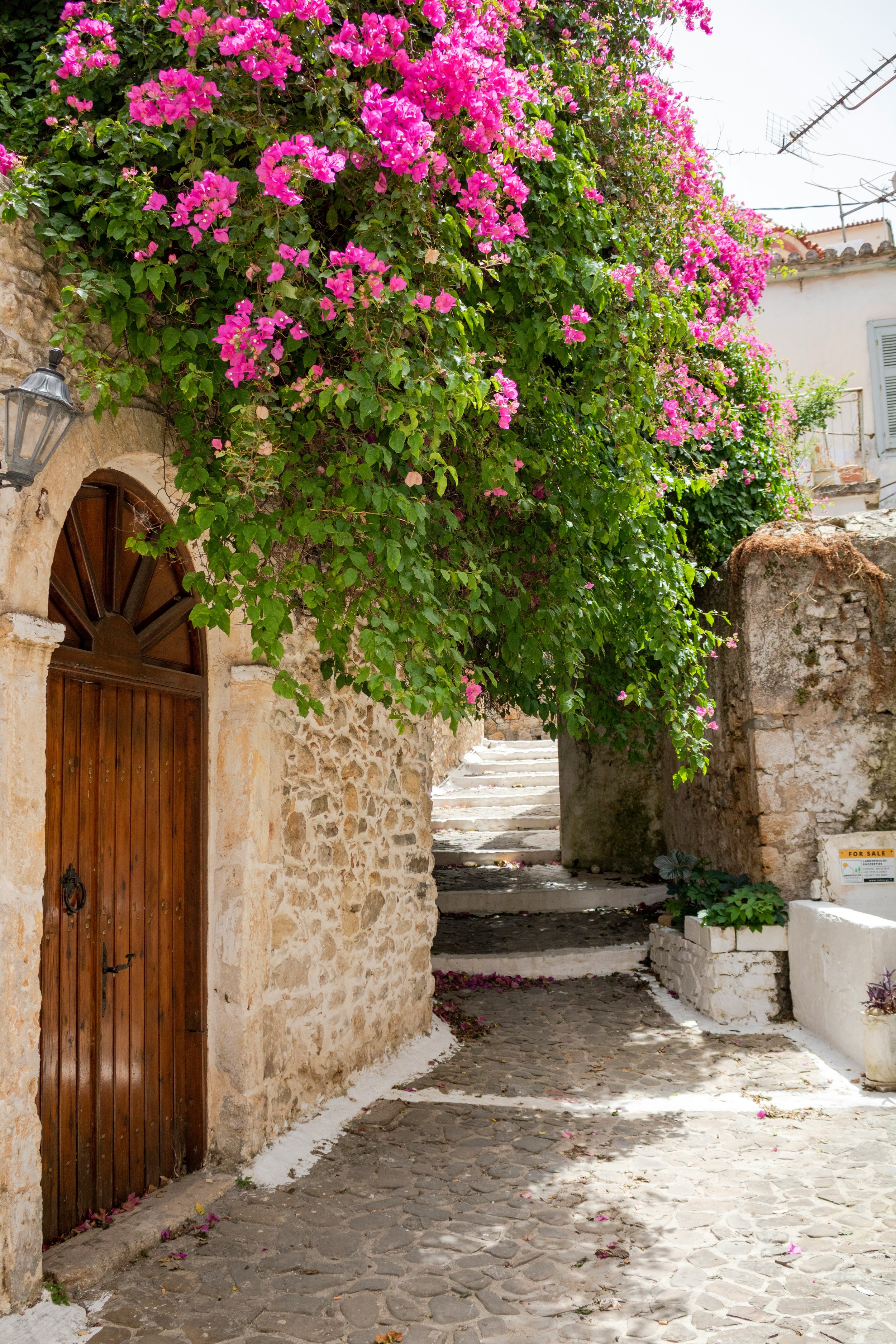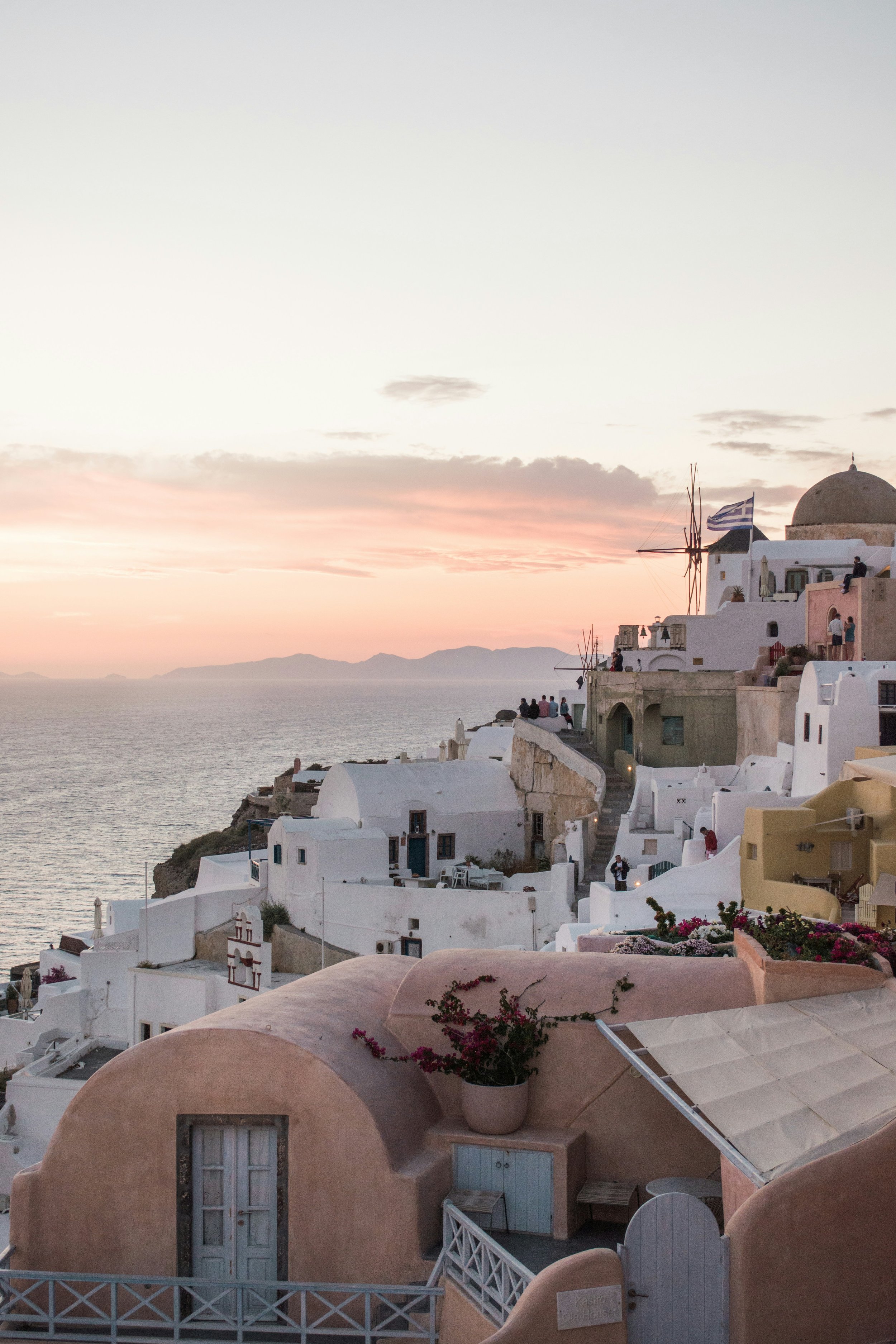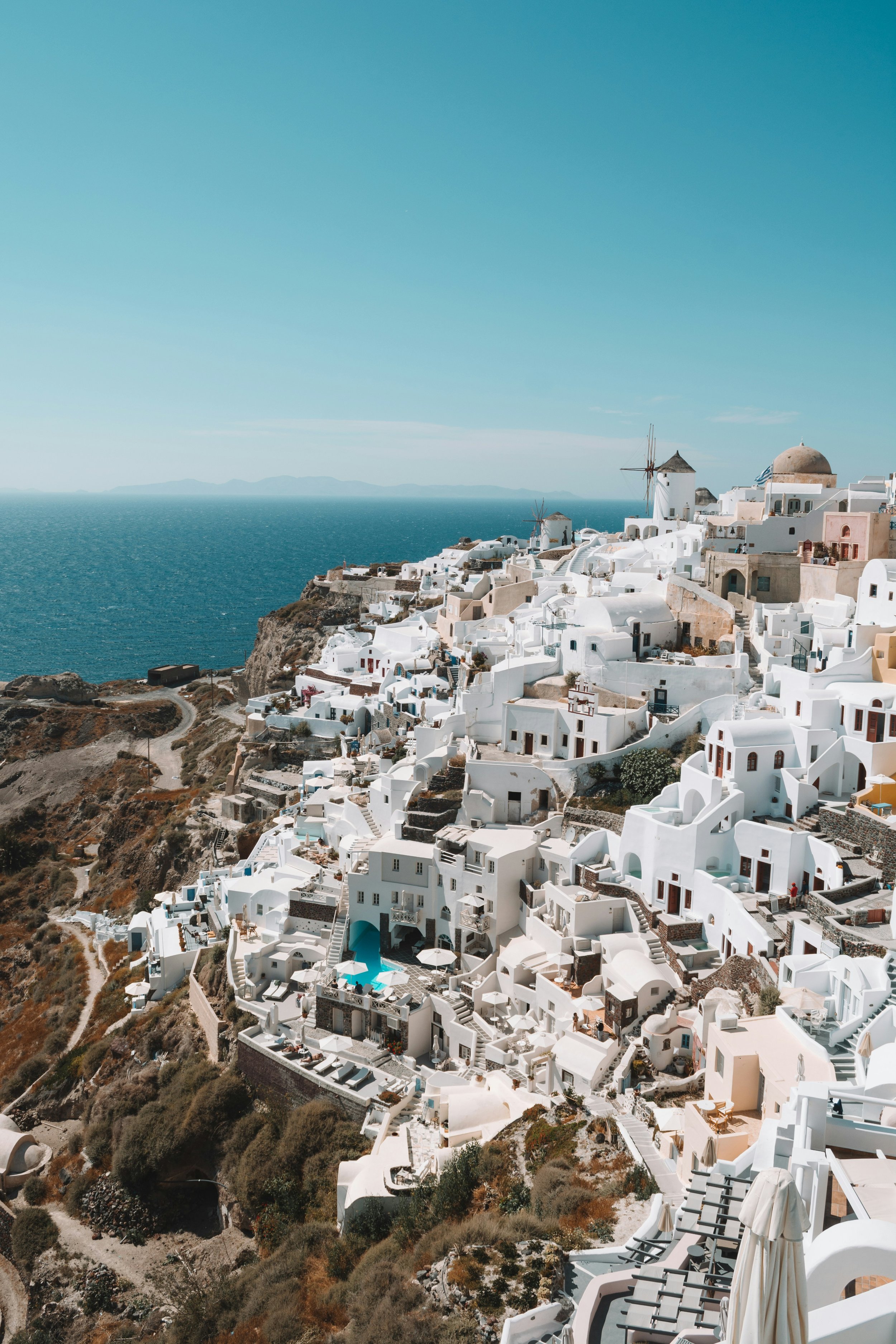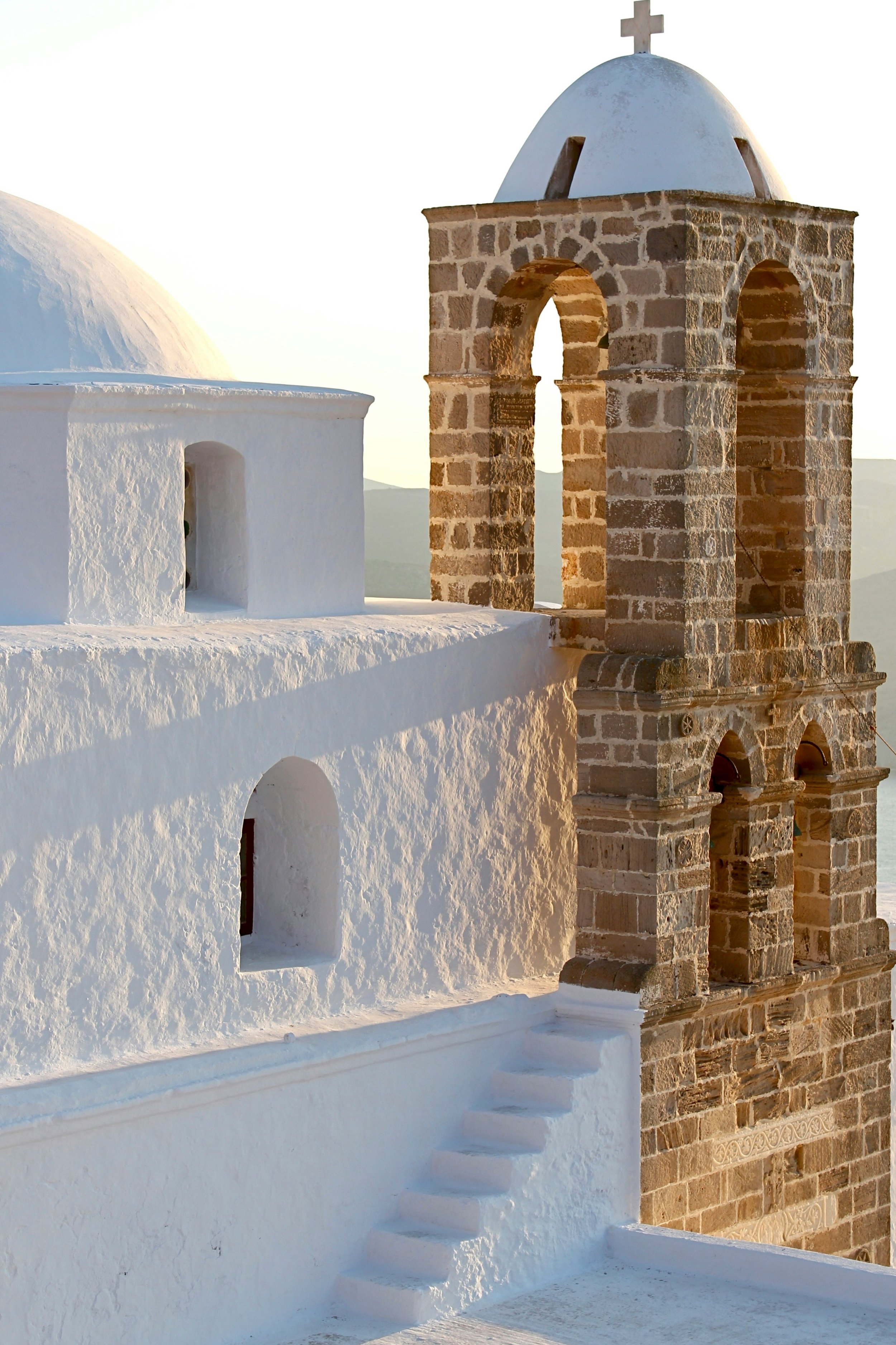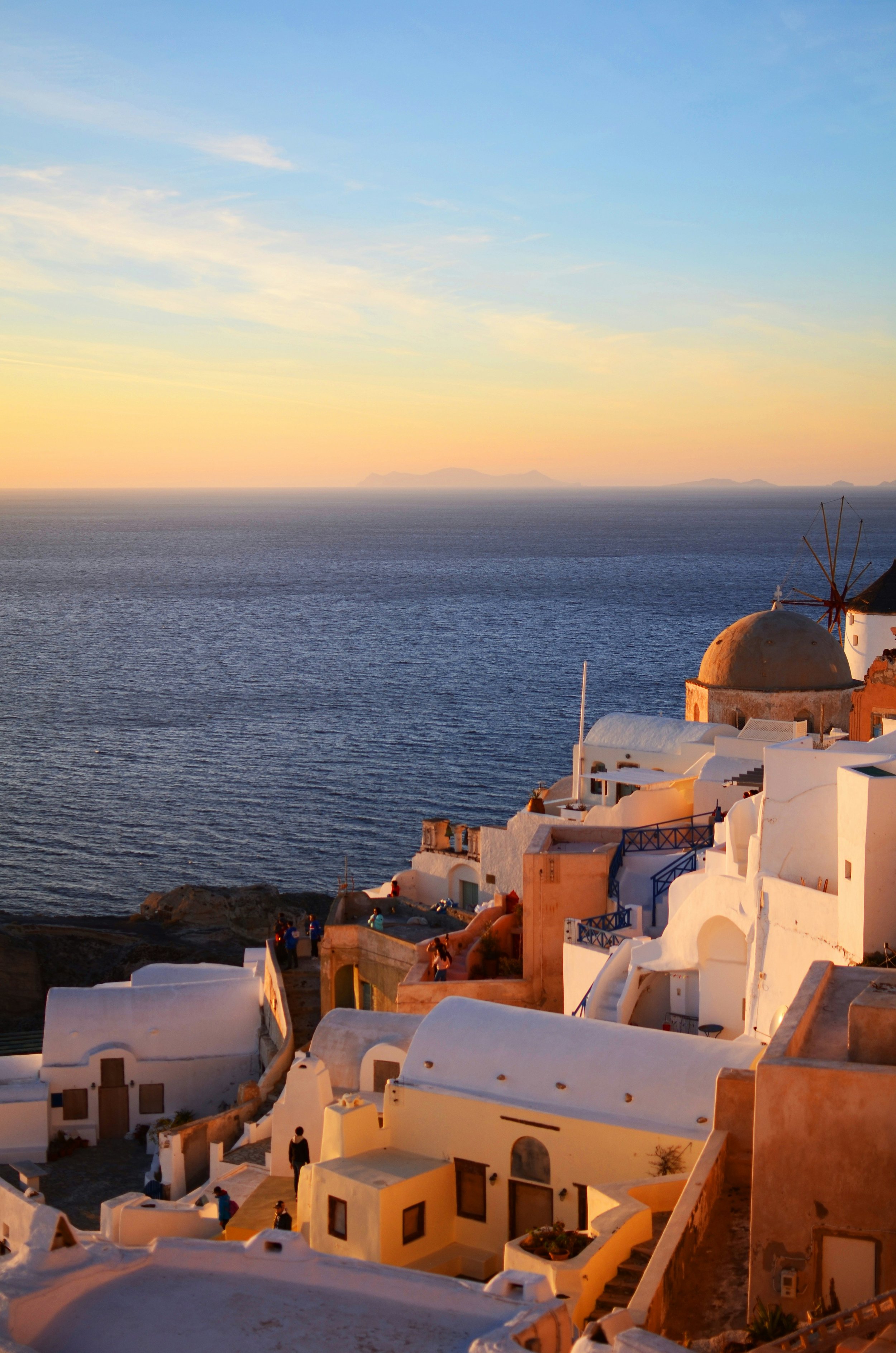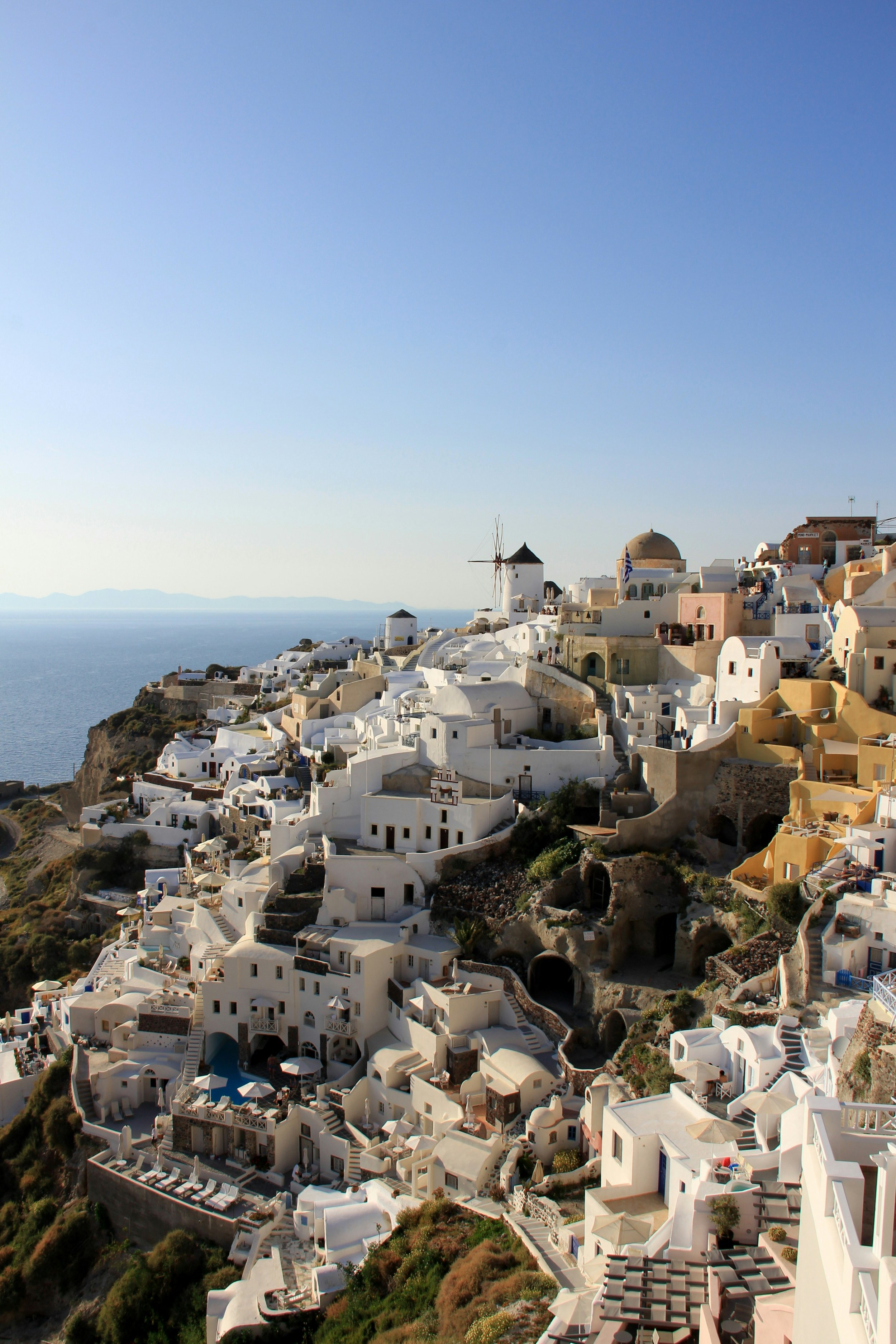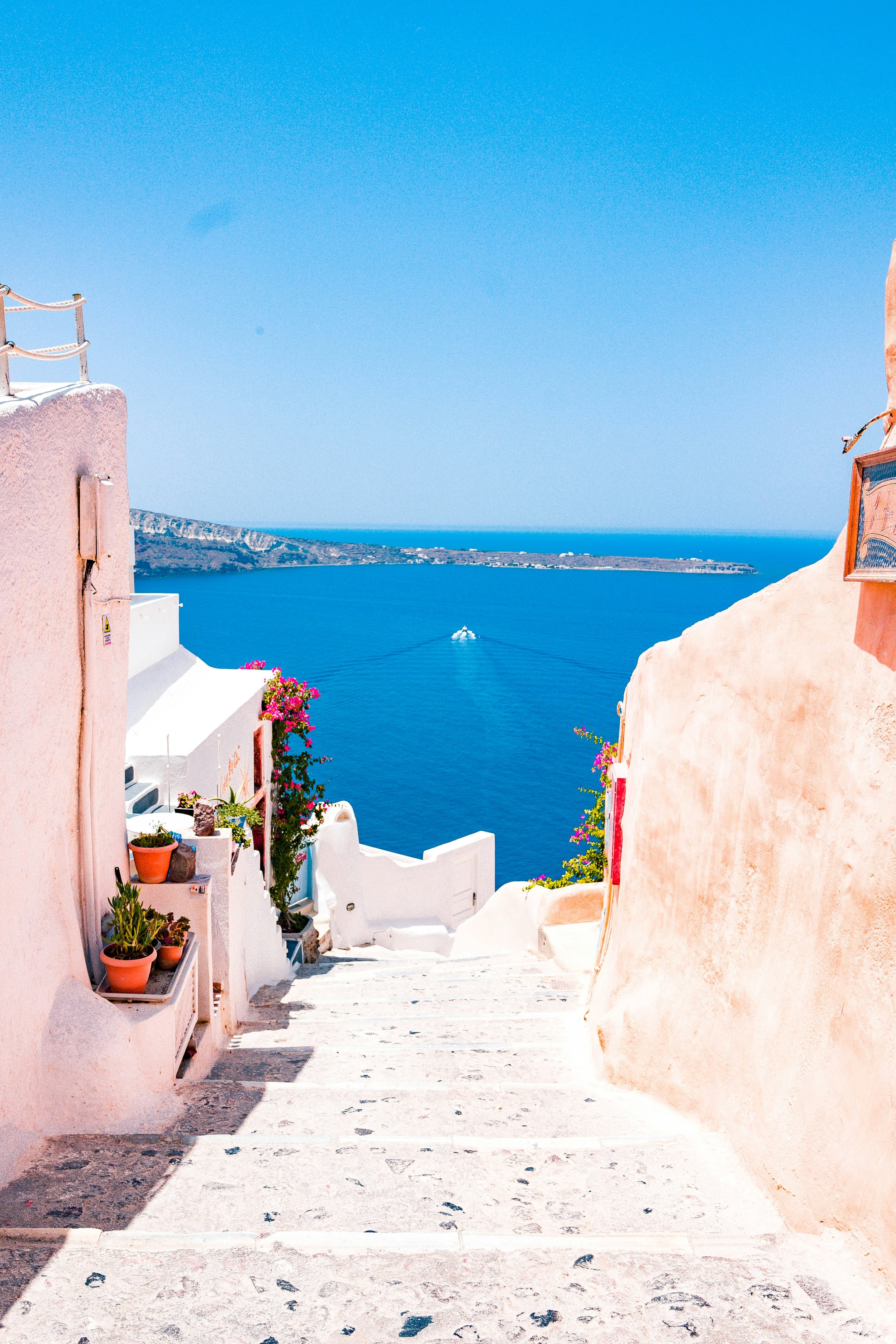Welcome to Greece
Greece, located at the crossroads of Europe, Asia, and Africa, is known for its rich history, stunning landscapes, and vibrant culture. With a legacy that dates back to ancient civilization, Greece has influenced global art, philosophy, and politics. Today, it is a modern country that attracts millions of visitors each year, while also grappling with the challenges of maintaining its cultural heritage amidst economic and social changes.
-
Greece has a population of approximately 10.4 million people. The majority of the population resides in urban areas, with Athens and Thessaloniki being the two largest cities. The country's population has been slowly declining due to low birth rates and emigration, especially among young people seeking job opportunities abroad.
-
Greece is facing an aging population, with a median age of around 45 years. The country has one of the highest proportions of elderly citizens in Europe, largely due to increased life expectancy and lower birth rates. This demographic shift poses challenges for the workforce and healthcare system.
-
The majority of Greece's population is ethnically Greek, with small minorities of Albanians, Macedonians, Armenians, and other groups. Greece also has a small but growing immigrant population, primarily from Eastern Europe, Asia, and the Middle East, contributing to its cultural diversity.
-
Greece’s economy is diverse, with key industries including tourism, shipping, agriculture, and manufacturing. While the country has seen economic recovery in recent years after a severe financial crisis, unemployment rates remain high, particularly among youth, and poverty levels are a concern in rural areas.
-
Greek is the official language of Greece and is spoken by the vast majority of the population. English is widely understood, particularly in urban areas and tourist destinations, and other languages such as Albanian and Turkish are spoken by some minority groups.
-
Greece has a high literacy rate of approximately 98%, and education is free and compulsory for children up to the age of 15. The country is home to several prestigious universities, and higher education institutions are increasingly attracting international students.
-
Greece provides universal healthcare through its public system, which is funded by taxes. While healthcare services are generally of good quality in major cities, there can be disparities in rural areas, where medical facilities are fewer and less equipped.
-
Greece is highly urbanized, with about 80% of the population living in cities. Athens, in particular, is a major urban center with modern infrastructure, including a well-developed transportation system. However, some areas, especially on the islands and rural regions, face challenges in maintaining adequate infrastructure.
-
Tourism is a significant contributor to the Greek economy, attracting millions of visitors each year to its historical sites, islands, and Mediterranean coastline. While tourism provides valuable revenue, it also creates environmental pressures, including overcrowding, pollution, and the strain on local resources, prompting calls for sustainable tourism practices.




